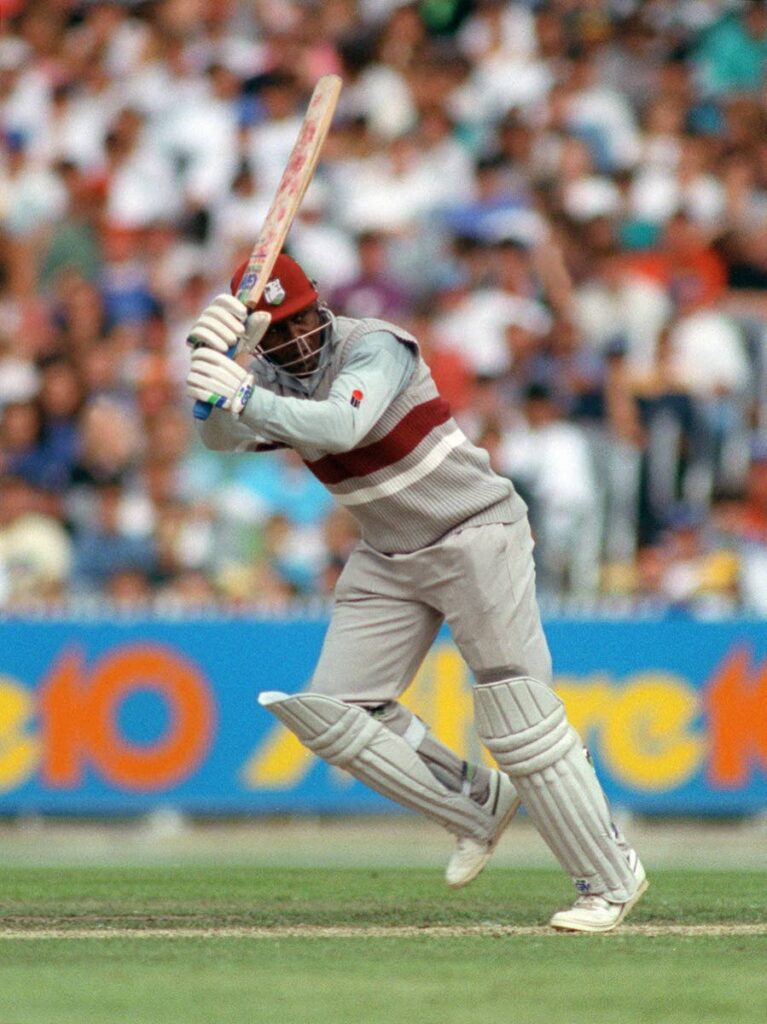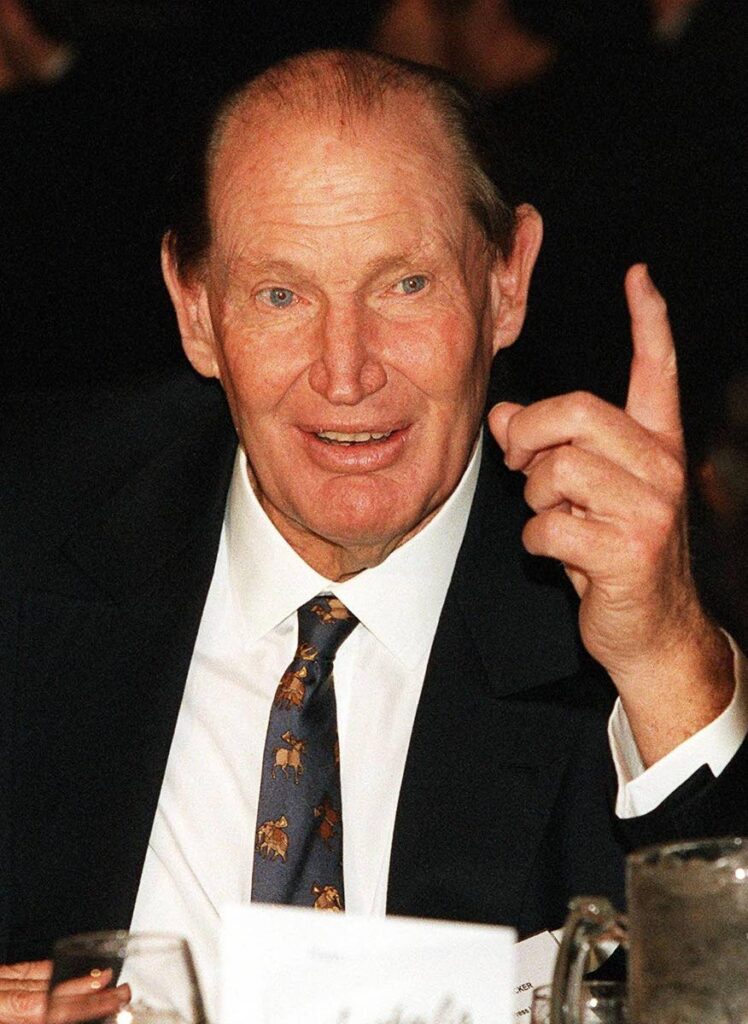The disadvantage of West Indian cricketers

AN INTERESTING question to ask of West Indian cricket fans is, how come our players are so popular worldwide, yet West Indies teams are closer to the bottom of the table in all formats?
Limited-overs franchises throughout cricket nations from England to Australia, inclusive of India, Pakistan, Bangladesh, plus New Zealand, the US and Canada, can’t wait to get their hands on the cricket skills and especially the excitement that identifies the Caribbean cricketer. His approach and dynamism lights up the playing fields of the world. From the days of Sir Learie Constantine in the 1930s to the present, that reputation has existed.
Maybe the answer lies in their individualism when representing a franchise team. Or could it be the lack of team spirit at home, bred by the insularity of a cluster of separate island nations, rather than their identification with one country, one flag?
Whatever the answer, the fact is the cricketer from the territorial islands of ex-British colonies, is in demand for his services by cricket franchises throughout the world. Furthermore, they are offered extremely high fees by these franchises to ensure their choice.
This is where the problem lies; a cricketer who earns $X annually is confronted with an offer ten, 20 and more times (depending on ability, hence, market value) to play in a competition for six weeks or pro-rated for a three-week tournament and so on. It is an offer that cannot be refused.
Jimmy Adams, Cricket West Indies (CWI)’s director of cricket, is caught between a rock and a hard place. When speaking with journalists on Zoom recently, Adams was asked if players are using WI as a platform to get into T20 leagues around the world, then choose to play for WI when they see fit.
He admits that some players will opt not to sign contracts in order to have the freedom to choose wherever they want to play.
Adams does not think that it is a problem. He says those who refuse CWI central contracts have the freedom to play with any team that they want to; that’s ok with him, and WI cricket will move on without them. Nonetheless, he thinks that the region’s players are committed to WI cricket.

I believe that Adams is being a bit naive at best.
What will eventually happen – which has started already – is the weakening of international representation. The main problem lies in the economic circumstances of the Caribbean as compared to the bigger countries.
India, for instance, can pay their players a lucrative enough sum for them not to participate in any other country’s franchise tournaments.
No Indian cricketers currently representing India or playing first-class cricket in India are allowed to take part in outside franchise leagues.
Australia, England and New Zealand ensure that their players would not choose to play for a franchise before their country, because they are handsomely rewarded to keep them away from that temptation.
That is also why the IPL (Indian Premier League) made agreements some years ago not to schedule their competition dates to clash with international commitments of the various teams. There are instances, nevertheless, when there might be overlapping, though the contractual agreements for those countries are that their home contract will suffice.
Not every player would be acceptable to the franchises, although enough of them could be sufficient to hurt their home territory. That will always be the danger facing WI teams’ strengths. Players can’t be asked to refuse a huge remunerative contract from a franchise, to play for comparative peanuts by CWI; and this will always be a problem for Caribbean administrators.
CWI is not to blame, it’s because of the size of the islands, the economies of the various territories and their small populations, plus the expense of hostinh tournaments, that make it enormously difficult.
It is similar to captain Clive Lloyd’s West Indians' choosing to turn their backs on WI cricket to accept the tempting offer from the Australian magnate, billionaire Kerry Packer, when he formed a league of his own (World Series) in 1977 in Australia.
Australia fired their top players and sent a third-rate team to play in the WI in 1978. WI cricketers had Packer’s permission to play and made mincemeat of the Aussies in the first two Tests.
Chaos reigned before the third Test, when WI selectors chose to leave out three Packer-contracted players. Packer withdrew the other eight. Lead selector Desmond Haynes will recall it: it was his debut series,

Comments
"The disadvantage of West Indian cricketers"